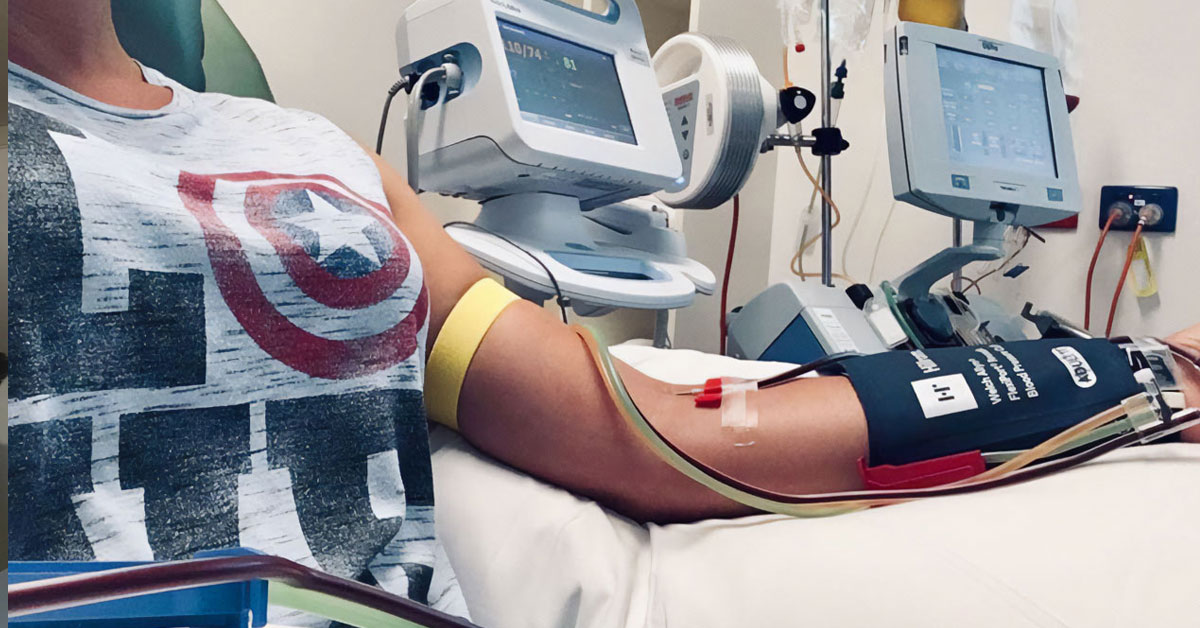Improved Matching Techniques
Scientists have developed new methods to match donors with patients more accurately. By studying genetic markers, which are like unique codes in our DNA, they can find the best possible match between a donor and a recipient. This means that when you donate, there’s a higher chance that your stem cells will be a perfect fit for someone in need, leading to more successful transplants and better recovery for patients.
Stem Cell Expansion
In the past, the number of stem cells collected from a donor was limited. However, researchers have now found ways to grow more stem cells in the lab from a small initial sample. This means that even a small donation may be multiplied to help more patients. Essentially, your donation might one day go further and potentially save more lives.
Reduced Complications
One of the biggest concerns for donors and patients alike is the risk of complications after a transplant. Thanks to new techniques in preparing patients for transplants and caring for them afterward, the risks have been significantly reduced. For example, conditions like graft-versus-host disease (GvHD), where the donated cells attack the recipient’s body, are now much less common. This makes the whole process safer and more effective.
Reassuring Study Outcomes
The study also looked at the long-term health of donors who used a medication called G-CSF to mobilise their stem cells before a PBSC donation. The results were very reassuring: there was no increased risk of developing serious conditions such as myeloid malignancies (a type of blood cancer), other blood-related or non-blood-related cancers, autoimmune diseases (where the body’s immune system attacks itself), or blood clots (thrombosis) compared to donors who gave liquid marrow. In simpler terms, this means that donating stem cells via PBSC is just as safe as donating marrow, with no added long-term health risks.
